 Concentrated on the piano, with her fingers running swiftly over the keys and her body vibrating to the sound of her own music, amplified by the unexpectedly good acoustics of an oil mill. Crouching in the tall grass, eyes on the ground, looking for the tiny flower of the linaria ricardoi. With wide eyes, a huge smile on his face, listening to the male voices of the Alentejo song, even without noticing a word. That's how the North American pianist Pauline Yang spent the weekend, in Ferreira do Alentejo, in another double journey of the Festival Terras sem Sombra.
Concentrated on the piano, with her fingers running swiftly over the keys and her body vibrating to the sound of her own music, amplified by the unexpectedly good acoustics of an oil mill. Crouching in the tall grass, eyes on the ground, looking for the tiny flower of the linaria ricardoi. With wide eyes, a huge smile on his face, listening to the male voices of the Alentejo song, even without noticing a word. That's how the North American pianist Pauline Yang spent the weekend, in Ferreira do Alentejo, in another double journey of the Festival Terras sem Sombra.
«It's been amazing! There's so much I've learned about so many different aspects, even about the various senses. I've seen and experienced new and different things like I've never seen anywhere else», confessed Pauline Yang, in an interview with Sul Informação, after a Sunday morning in the middle of a nature that, she confessed, left her “amazed”.
But it wasn't just the rare, delicate and endangered plants that he saw up close and photographed with his smartphone, the insects that, for the first time, left walk on the skin of her hand or that she observed in detail under the microscope, which thrilled this girl who, despite being young, is already considered one of the best pianists in the world.
“The very close form and attention that people here give to the smallest details of things is also special. This is being very constructive for my own way of seeing life and the world. I suddenly realized how much there is out there that I didn't see or hadn't had a chance to see. It's nice to see how people here pay so much attention and give so much of their time to do these things,” he added.
Pauline Yang was this weekend's guest at Terras sem Sombra, the festival that takes place (mainly) in Baixo Alentejo and crosses classical music, built heritage and biodiversity, a unique blend in our country.
With the end of the festival's connection to the Diocese of Beja, due to the intransigence of the current bishop, it was necessary to find an alternative room to the parish church that used to be the stage in Ferreira do Alentejo. And the choice ended up being the new press of the Sovena company at Herdade do Marmelo, where Oliveira da Serra olive oil is produced. But it's not just any press: it's a real piece of art, designed by the Portuguese architect Ricardo Bak Gordon and that makes the miracle to combine the beauty and originality of its lines with the functionality of an industrial structure.
It is a “new cathedral”, as José António Falcão, general director of Terras sem Sombra would call it. The “golden thread” of oil has always been used for Christian (and Jewish) liturgy and for illuminating the churches themselves.
The big surprise, however, was the perfect acoustics of the space. Pauline Yang was not happy with the fact that she could play, for the first time in her career, in an industrial space.
“It was the first time I played in a space like that. It's something I will never forget. It was so creative, so unique! And the acoustics were also beautiful, the piano was excellent», she said, still excited, in her interview with our newspaper.
Luís Folque, administrator of Sovena, would confess, in the brief words he said to the audience before the start of the concert, on Saturday night, the 28th, that he was «a little afraid» when he was presented with the possibility of using the mill as a venue of the concert. "And will the acoustics be good?" he asked. Very good! Pauline Yang now answers: "I managed to hear the sound of each note and that was very special!" Sul Informação.
The coming of the young, but already consecrated, North American pianist to Terras sem Sombra was the result of the festival's partnership with the Embassy of the United States of America. If last year the Minister Counselor Herro Mustafa planted a cork oak in Santiago do Cacém, this year he went to attend a concert full of emotion, in an unusual place.
Making a point of speaking in Portuguese, the adviser minister of the US Embassy (the United States has not had a formal ambassador in Portugal for some time, these functions being performed by Herro Mustafa) highlighted the good relations between the two countries and especially between The US Embassy and this original Alentejo festival.
For his part, José António Falcão said that the concert was "a portrait of Pauline's deepest convictions", which is not enclosed in her dome as a great artist, but has stood out as an "Ambassador of Music" in refugee camps in the Middle East and pediatric hospitals, bringing music to children and their families in dramatic settings.
The "invaluable support" of the American Embassy to the festival, he added, "celebrates the very intimate connection between the two sides of the Atlantic."
The next day, all smiles, Pauline Yang praised the audience of Ferreira do Alentejo: «the audience was also very good, I felt they were with me throughout the performance, I could feel their breath and that's rare! It was really a great audience».
The American pianist, who performed a program with various composers, styles and eras, from the XNUMXth century to our days, having as a guiding thread the theme of feeling in music, learned that, for many people, this had been hers. debuts in a concert of classical music and confessed to having been "very happy with it".
«I also received feedback from many people who came to tell me that wherever they were sitting they could see my hands. For many of these people, some of them used to going to concerts, others not really, it was an interesting experience, because they were able to see the hands, they were very close».
The concert was such a success that the 210 seats that the organization had placed amid the warehouses, tubes, centrifuges and other machinery of the oil mill turned out to be scarce. We had to go get more chairs and, even so, there were many people standing up. In total, some 300 people will have been on this rainy Saturday night at the Lagar da Herdade do Marmelo, to listen to compositions by Bach, Scarlatti, Mendelssohn, Chopin, Brahms, Granados, Liszt, Schumann and Bolcom, masterfully performed on the piano by Pauline Yang.
Still barely recovered from the emotions of Saturday, on Sunday morning the young interpreter, plus her mother who always accompanies her, were already prepared to leave for the fields around Ferreira do Alentejo, in search of the tiny linaria ricardoi, a plant with a delicate flower that is endemic to Baixo Alentejo, that is, it only exists here, in areas where clayey and basic lands predominate.
But the use of agrochemicals and the rapid expansion of intensive agriculture – especially the super intensive olive grove – are putting at risk the survival of this dedicated and endangered plant, as well as all the others that accompany it in its habitat.
EDIA, the company that manages the Alqueva mega dam, within the scope of its environmental compensation obligations, has been responsible in recent years for monitoring this plant, but the defense of the plant and its habitat began by civil society, namely thanks to the work of amateur botanists such as doctor Dinis Cortes, who accompanied the visit.
When, while still on the way, by the side of a road, one of the guides, Ivo Rodrigues, discovered a small wild orchid, Pauline Yang was amazed: «but are there orchids in Portugal? And are they even born on the side of the road?”
Amidst the tall grass, always amazed by the delicacy of the little flower of the linaria ricardoi and of others that she was discovering, trying to discover their names thanks to the sheet with information given to her by the environmental engineer Ana Ilhéu, Pauline exclaimed: «How wonderful! how extraordinary!».
At the edge of a wheat field, which rippled in the wind, "as if it were music" (the pianist's words), and after talking about fado, a conversation arose about Cante from Alentejo. the reporter from Sul Informação and Alexandra Ferreira, from the festival's communication team, explained to Pauline what this song was sung by the voices of men from Alentejo. Alexandra showed him, in his smartphone, the recording of performances made by a choral group in Hungary, in February, during the festival's presentation in that Central European country. And Pauline was delighted. “It may be that, on a future visit to Portugal, I will be able to hear this”, he commented. But there was no need to wait that long.
When she thought that the emotions of this weekend were over, at the lunch offered by the Chamber of Ferreira do Alentejo in an old tavern restored as a living museum, with a glass of white wine in her hand, Pauline suddenly began to hear the sound of male voices of a choral group that was there snacking…and singing.
The little pianist went among them, looking them in the face as they sang, turning her head whenever a new voice was heard, not noticing the words, but by the breadth of her smile and the sparkle in her eyes, feeling all the emotions of this corner, heritage of humanity.
Between the marble counter and the tall clay pots to store the wine, in the old tavern, lunch consisted of snacks, from the chorizo to be roasted there in plain sight – and that Pauline photographed -, to the fresh cheese, baits , fried fish, pig's ear with coriander, garlic and olive oil, good bread, good wine, and a large pan of purslane breadstick. Pauline is even a vegetarian, but other members of the American entourage tasted everything and loved it.
In the end, Luís Pita Ameixa, mayor of Ferreira do Alentejo, expressed his satisfaction with this weekend of Terras sem Sombra in his county and pleased by the fact that those who came from far away, with the North American pianist in the spotlight , having enjoyed the journey so much.
But despite its success, there are dark clouds over this original festival: Sara Fonseca, executive director, emphasizes that Terras sem Sombra runs the risk of dying if it does not have more funding, even from the large companies operating in the territory and in the country. «To prepare this edition, we had fundraising meetings with large companies, such as Galp or EDP, which went very well, they praised our work immensely…but then, when we were awarded funding, they gave us the even though they were there before…», laments Sara Fonseca.
The problem, he stresses, is that «we are unable to have strong business groups in Portugal that help us preserve these things, that help us maintain a festival like Terras sem Sombra. We need everyone's urgent help to ensure that this work of so many years, all the awards that the festival has won, doesn't all go down the drain».
José António Falcão, on the other hand, recalls that the lack of support does not only come from private individuals. The State has also not behaved well, so that this year, for the first time, the festival does not have the support of the Institute for the Conservation of Nature and Forests (ICNF). Why? «Because when we went to present the new edition to them, ICNF presented us with a business plan, they wanted to make money with it», reveals, frontally, the general director of Terras sem Sombra. "We answer: if we don't charge people anything, if everyone gives a little of their own to do this, we can't be paying ICNF."
The Minister of Culture may well write, in the preface to the catalog of the 2018 edition of the festival, that «the Government strongly supports the continuity and sustainability of initiatives like this one»…The practical reality is quite another, and the Festival Terras sem Sombra , awarded several times internationally, will not be able to survive only with…moral support.
This year, the Hungarian Embassy is the guest country who effectively supports it, as well as the municipalities where the program passes. And that is how the festival continues its struggle for the decentralization of culture and for the enhancement of local heritage, whether built or environmental, of Baixo Alentejo.
No next weekend, he heads to Beja, to walk in the footsteps of Soror Mariana (on the Saturday afternoon cultural visit), surrender to the Corsican voices, related to the Alentejo song (in the evening concert, not in the Cathedral, as usual, but in the church that is now integrated at the inn) and then go to discover the birds of passage, on Sunday morning.
All this, imagine, with free and free entry.
Photos: Elisabete Rodrigues | Sul Informação
Note: O Sul Informação accompanied the Festival Terras sem Sombra at the invitation of the organization
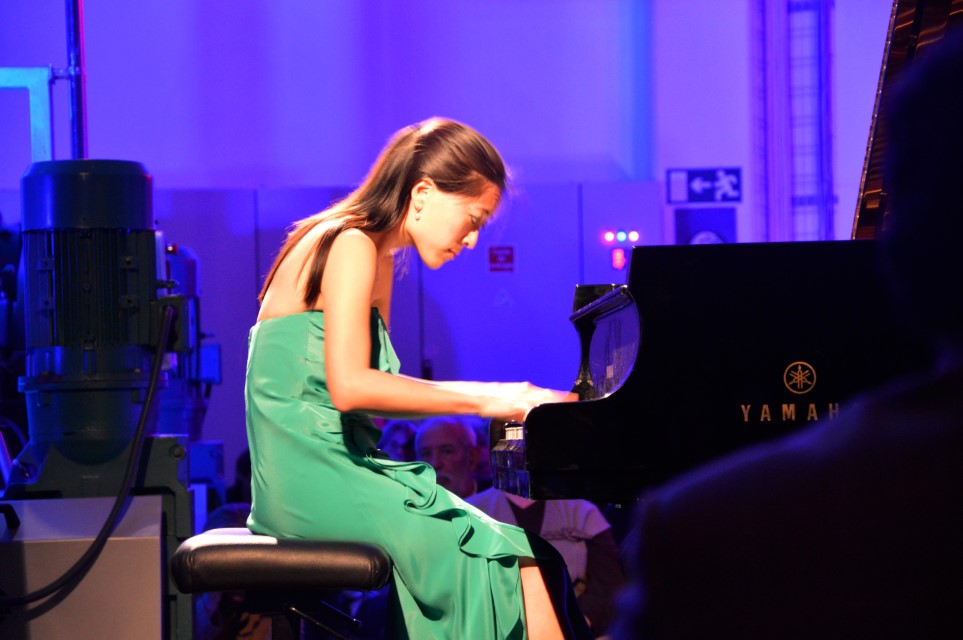
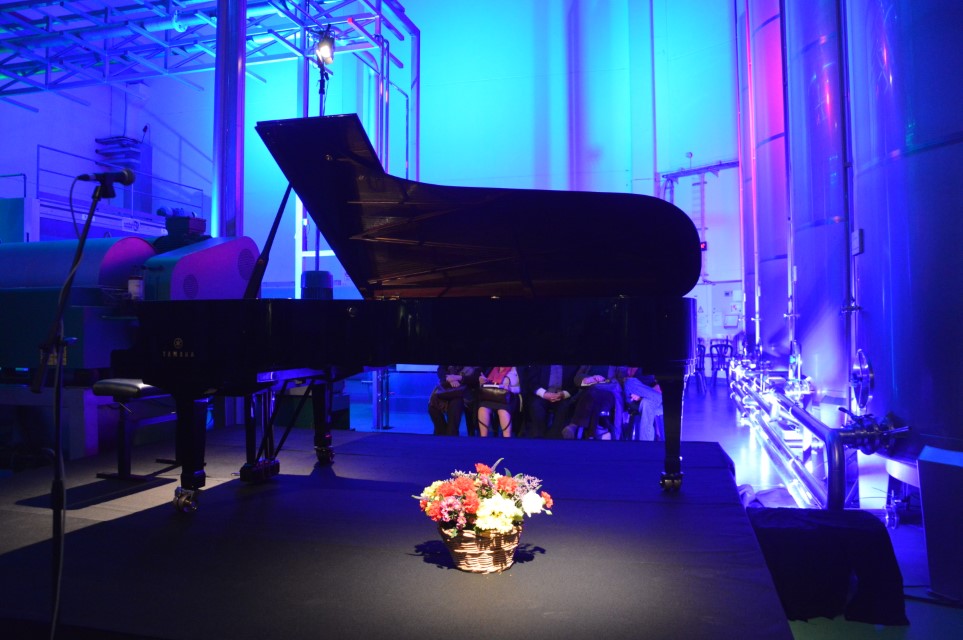
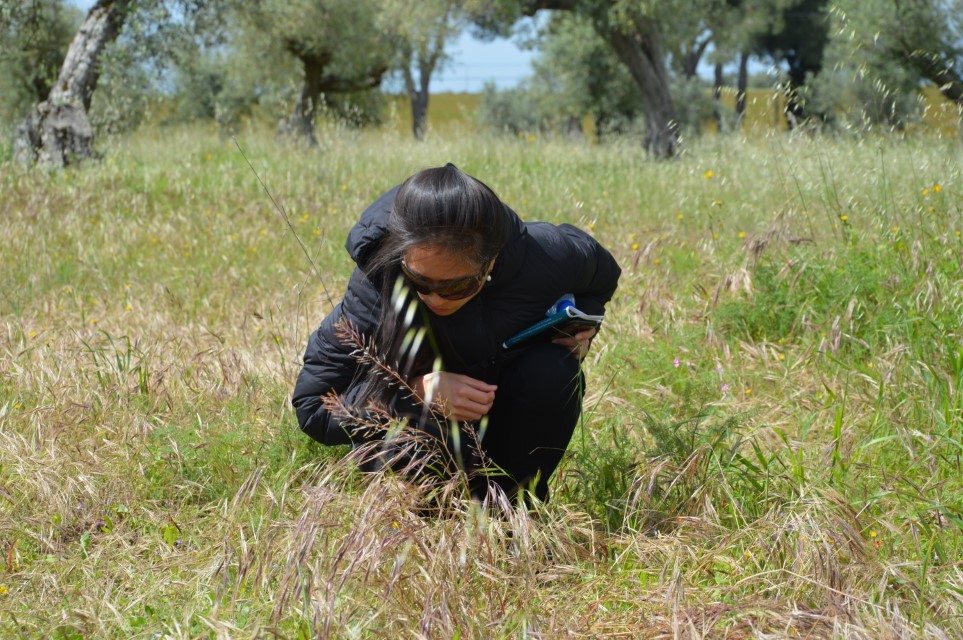
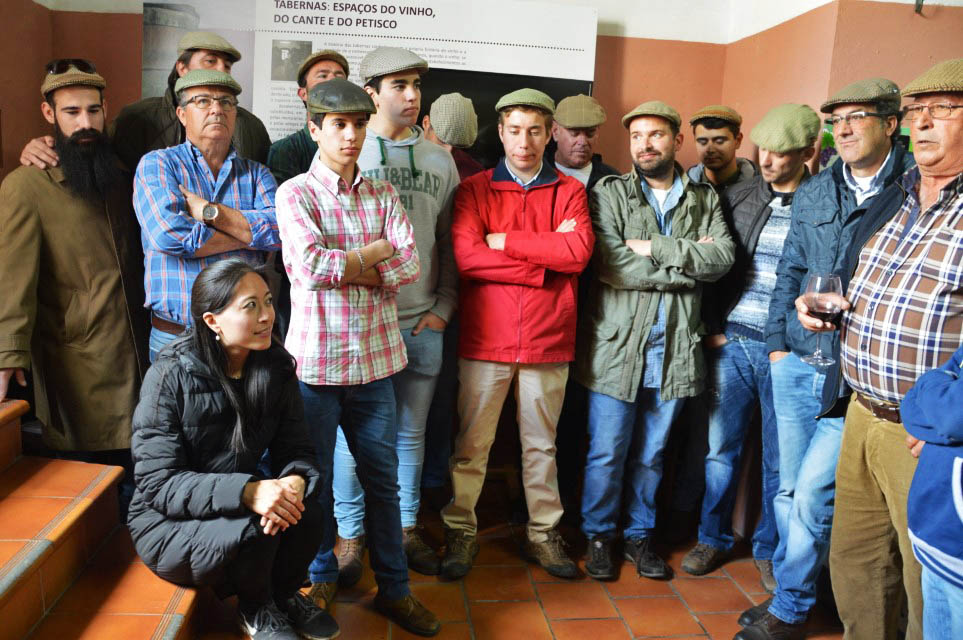
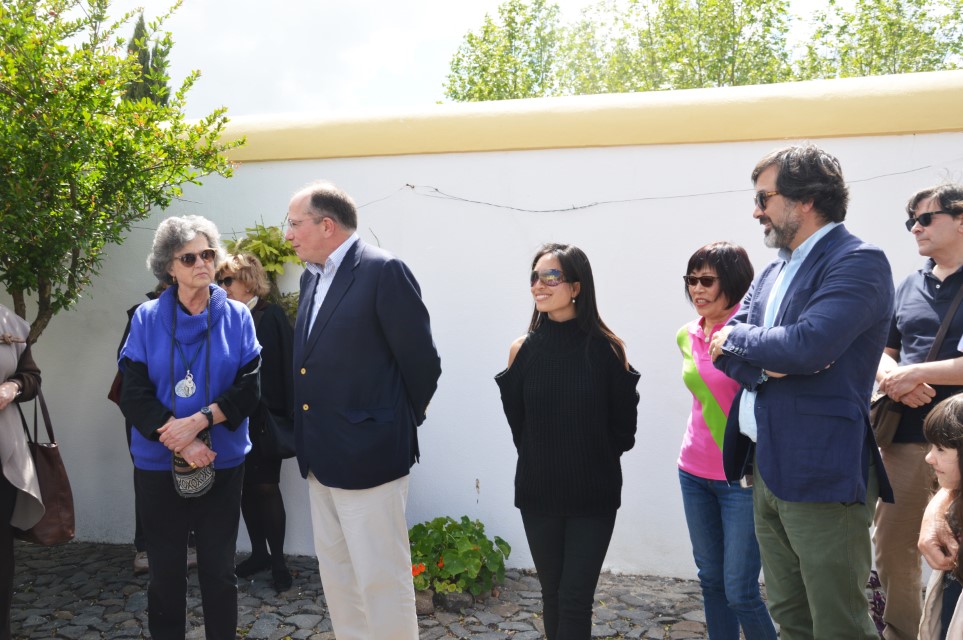
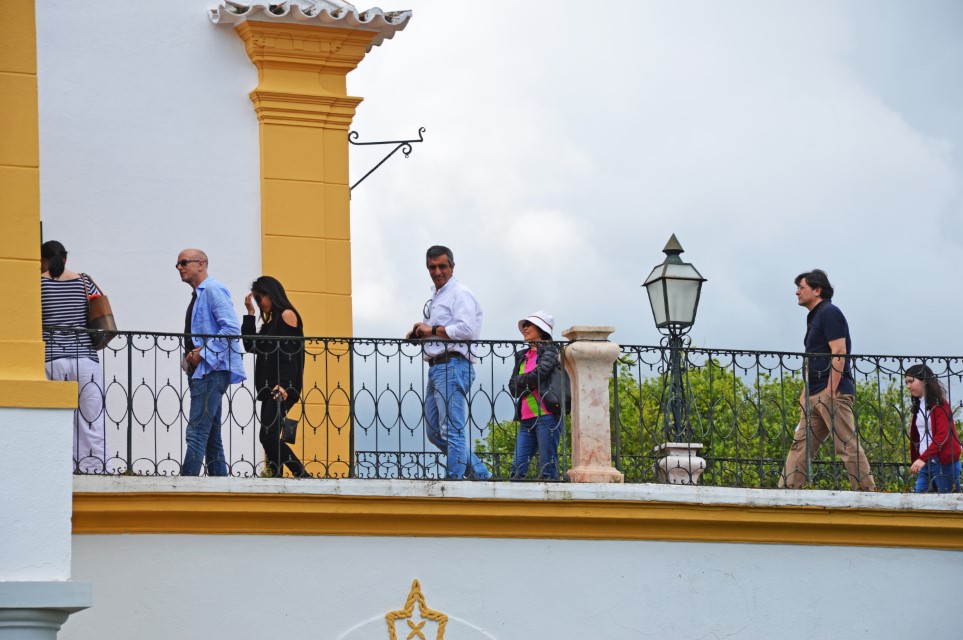
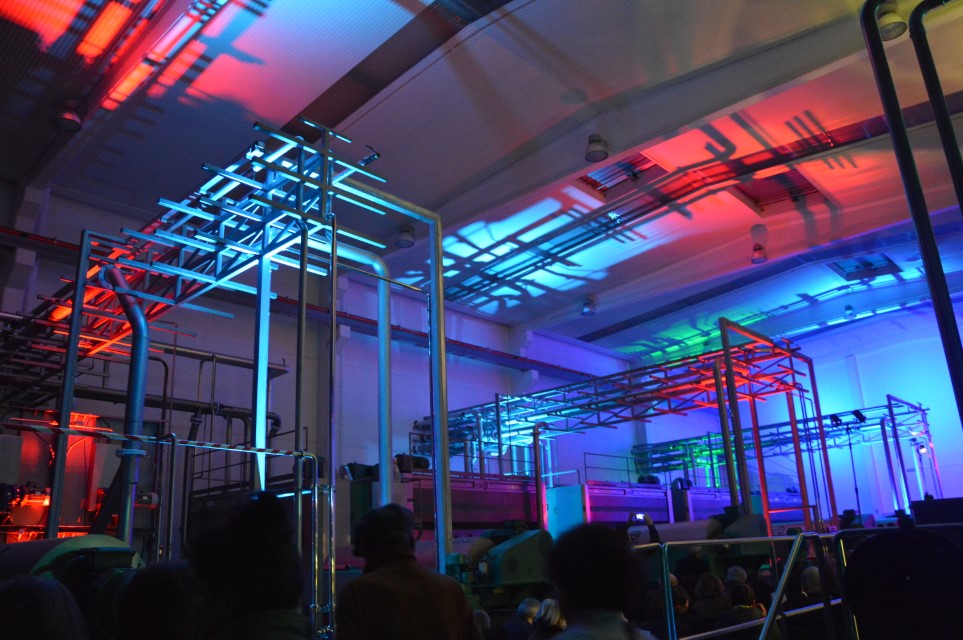
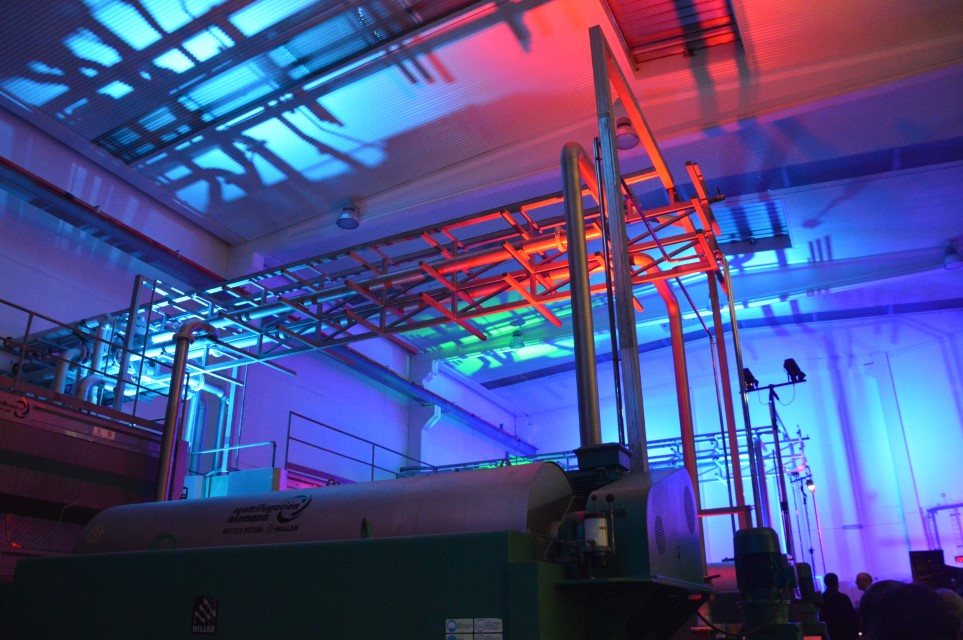
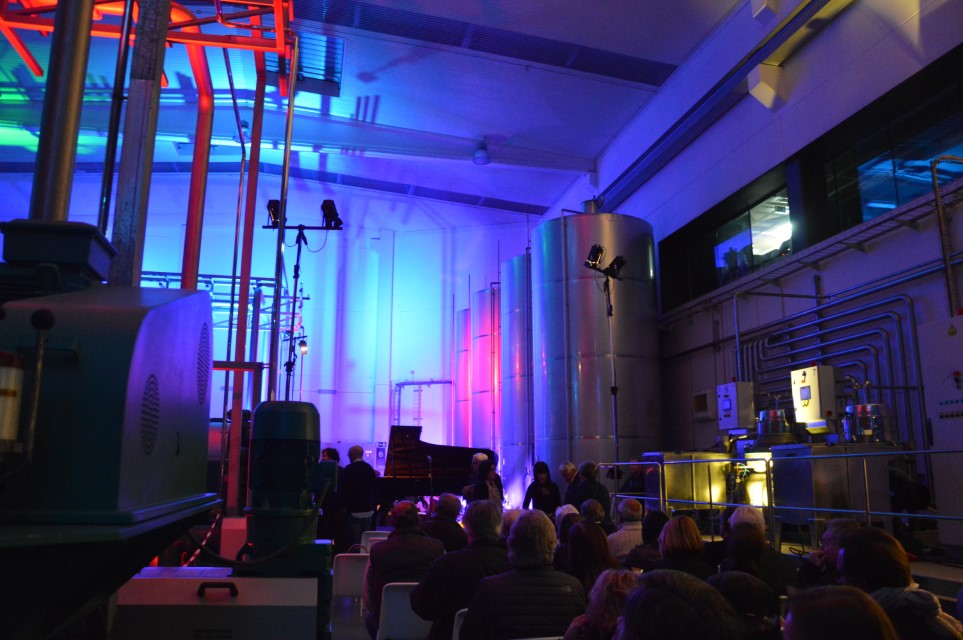
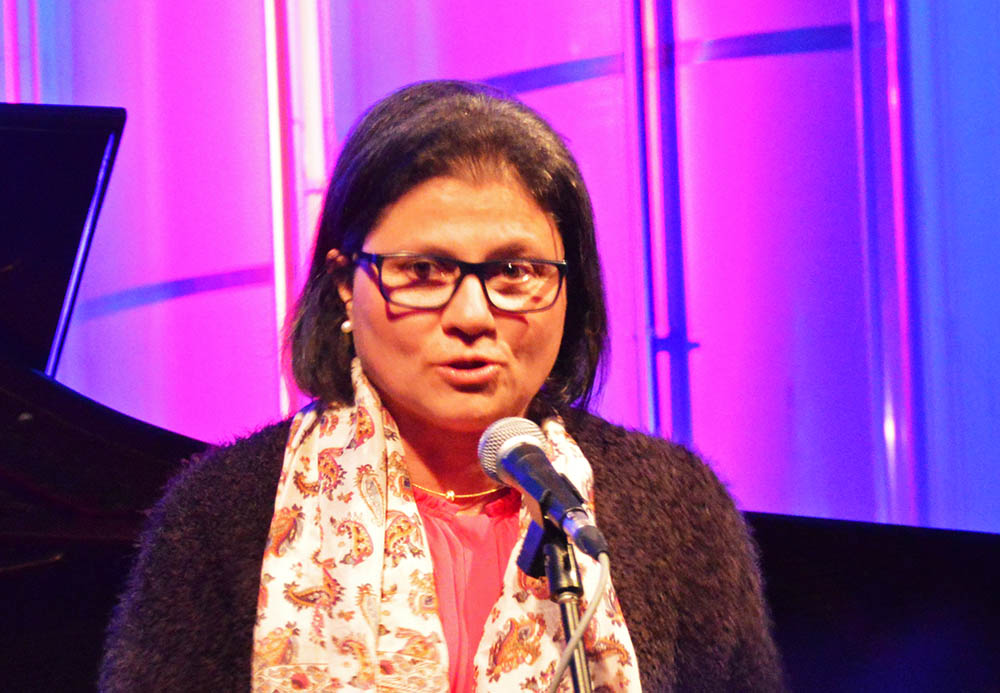
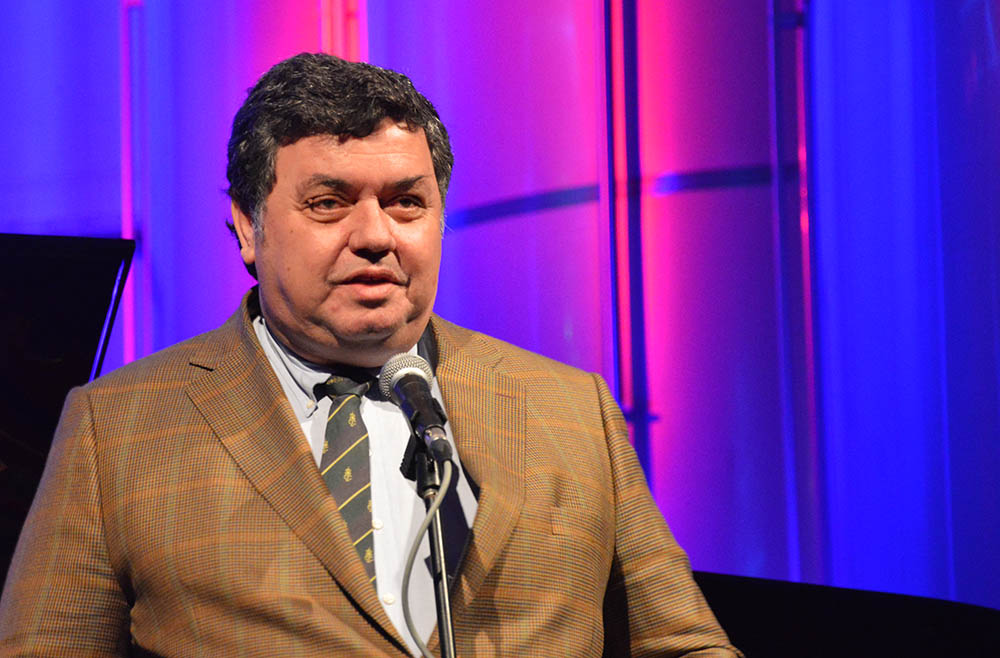
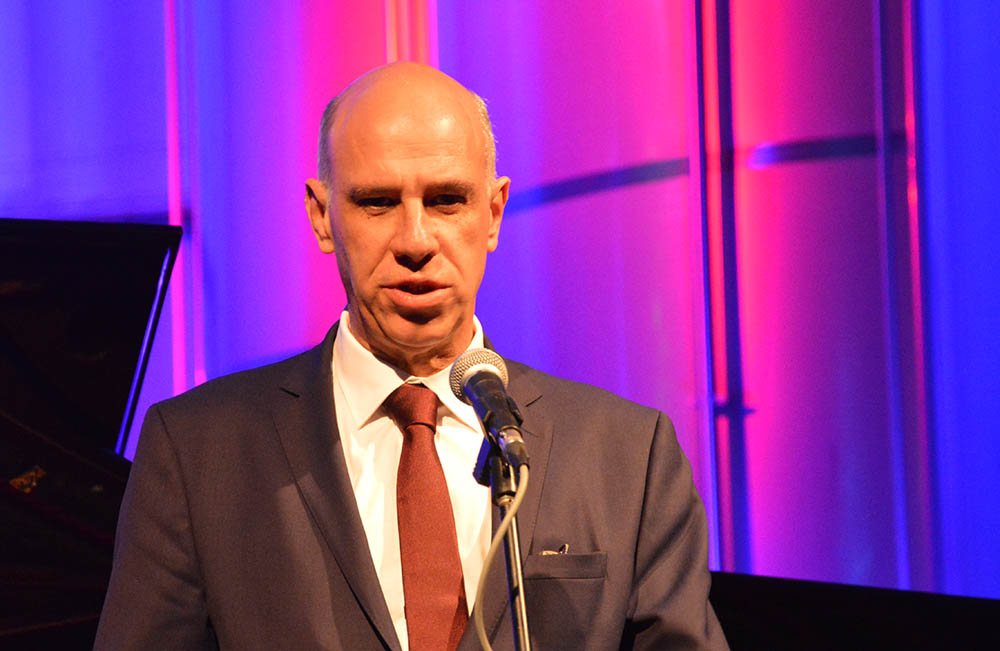
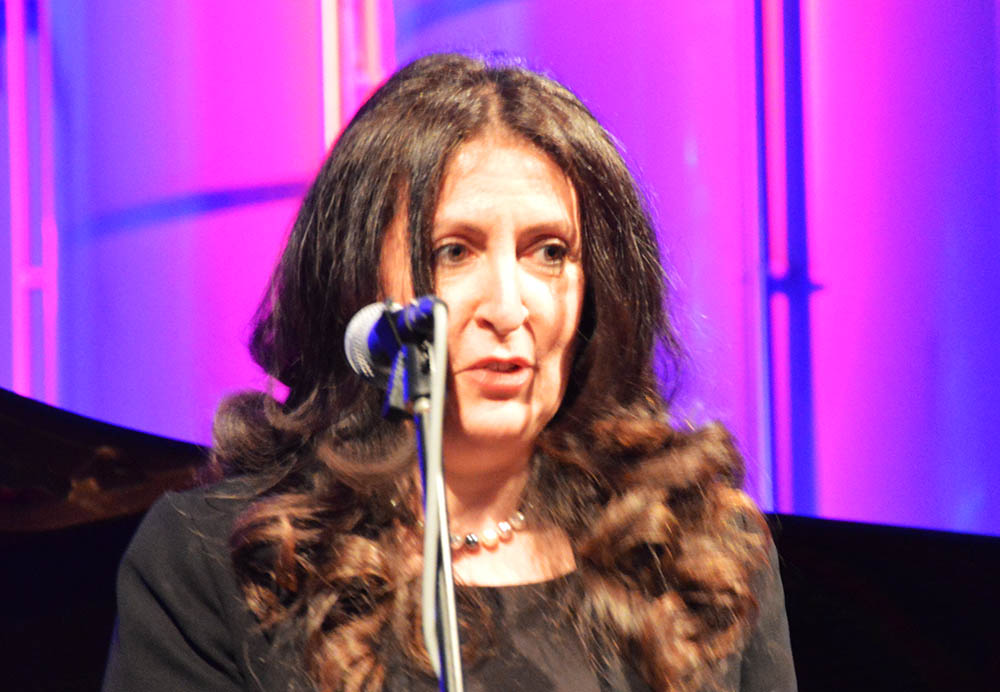
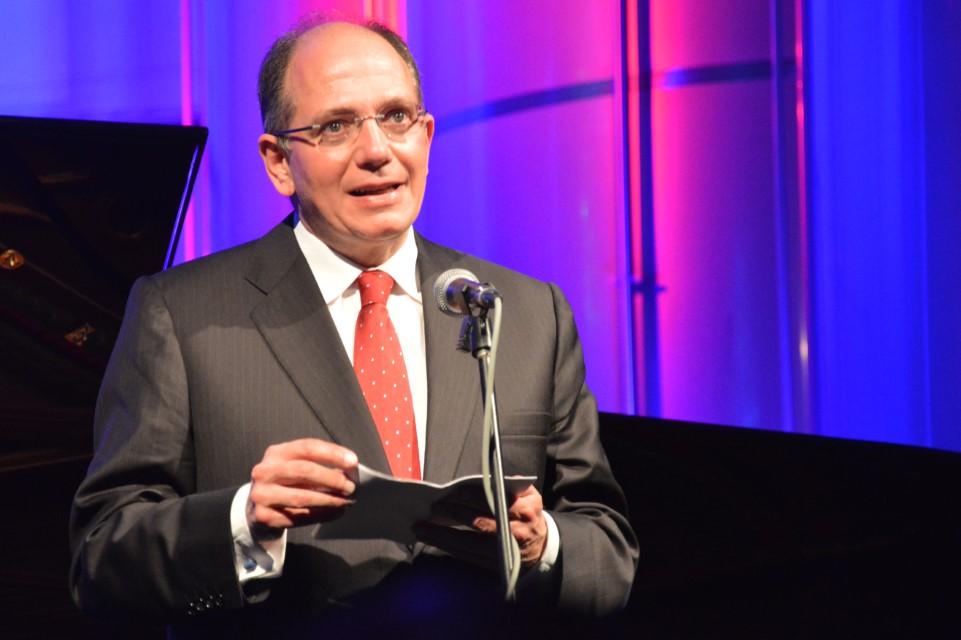
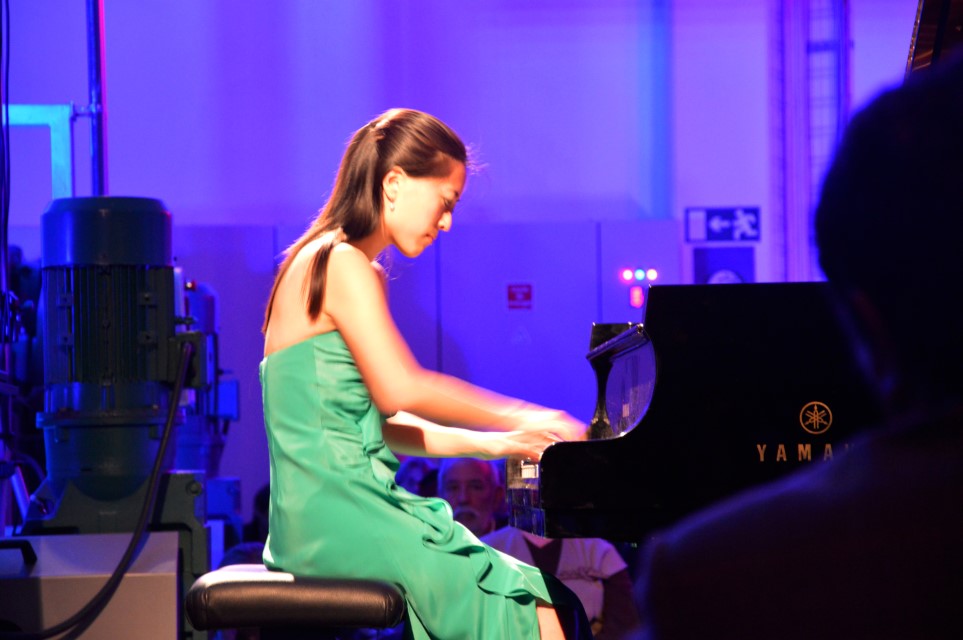
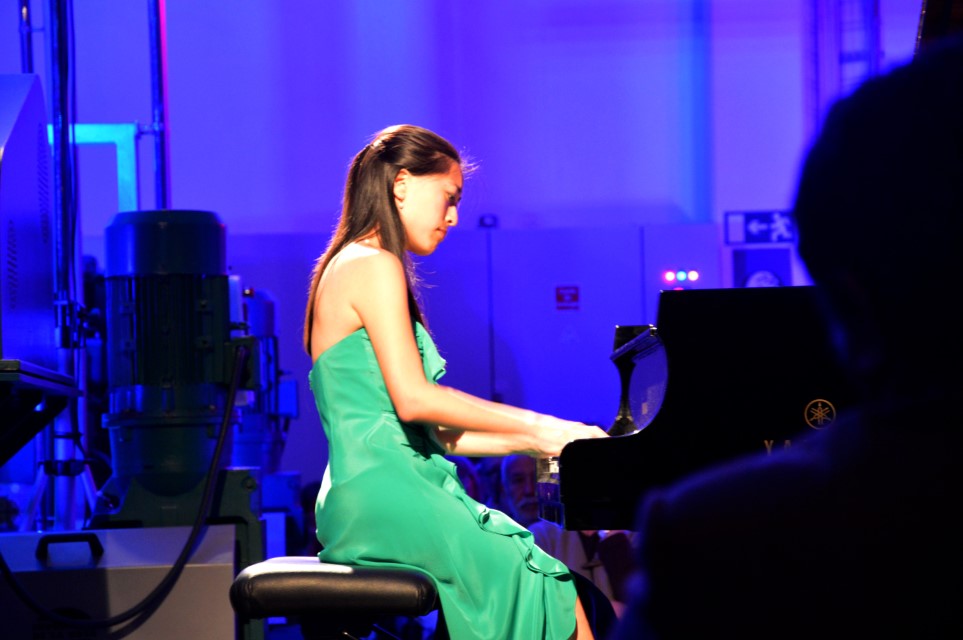
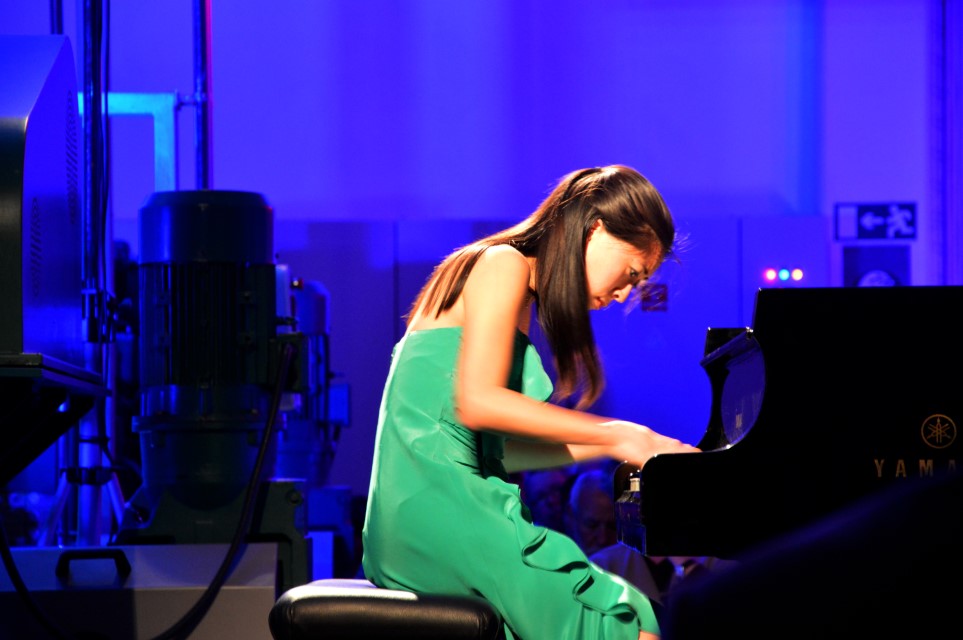
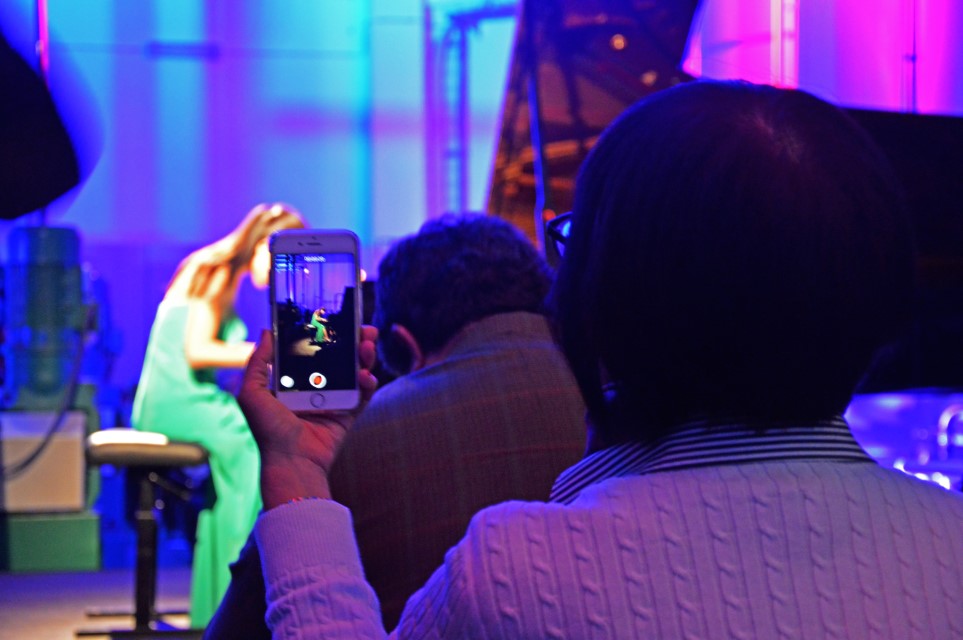
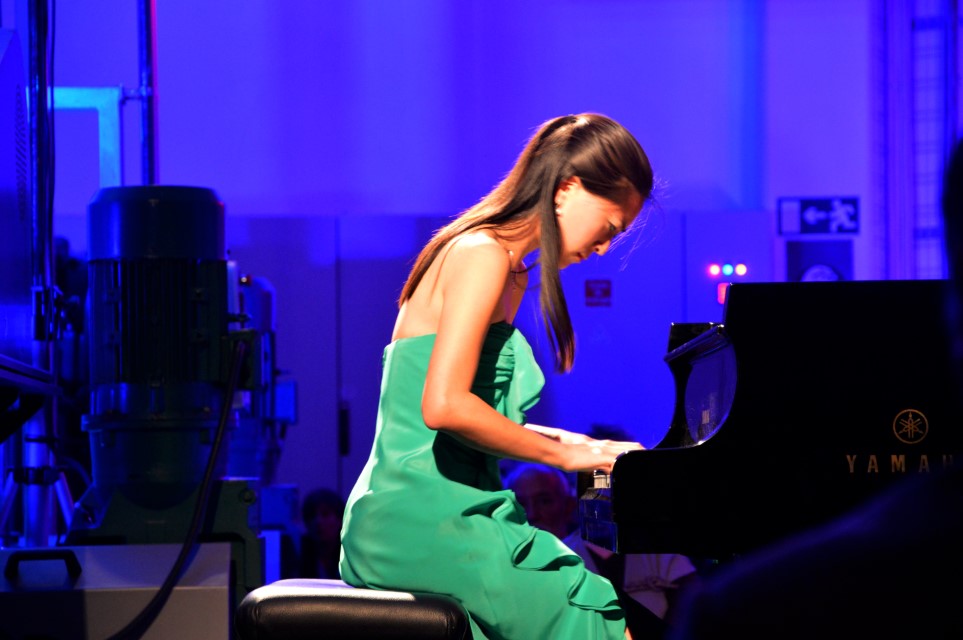
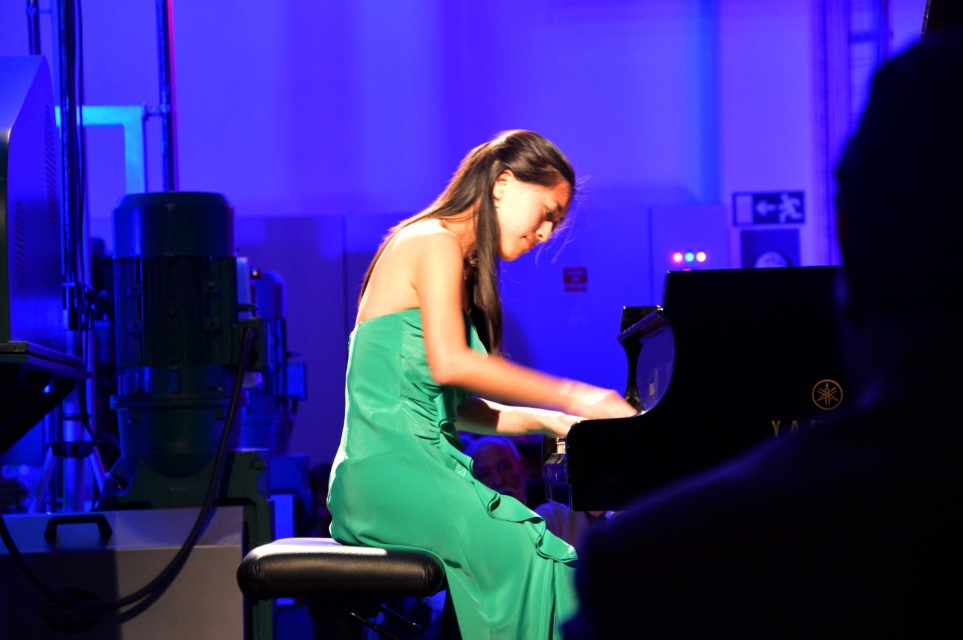
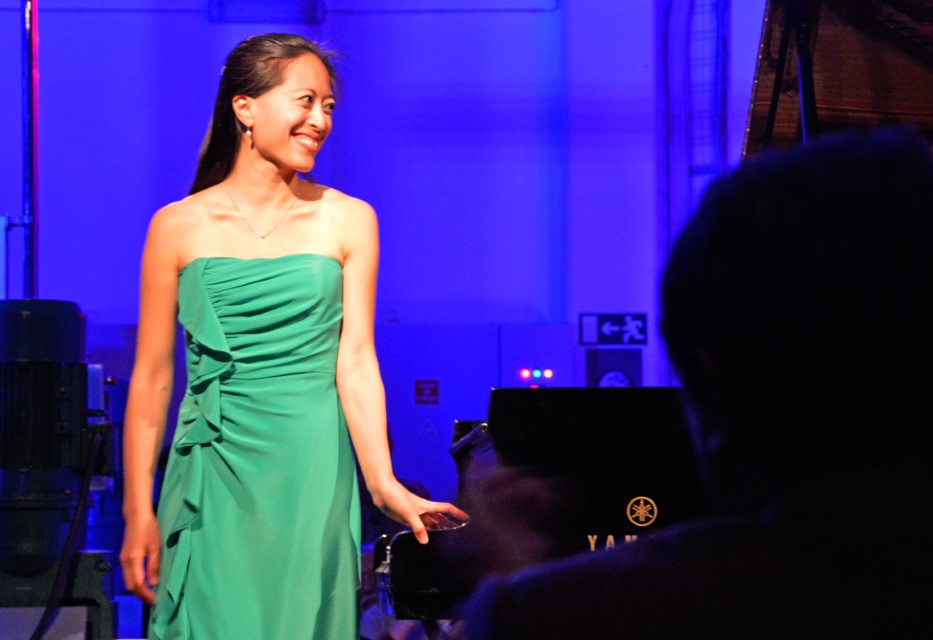
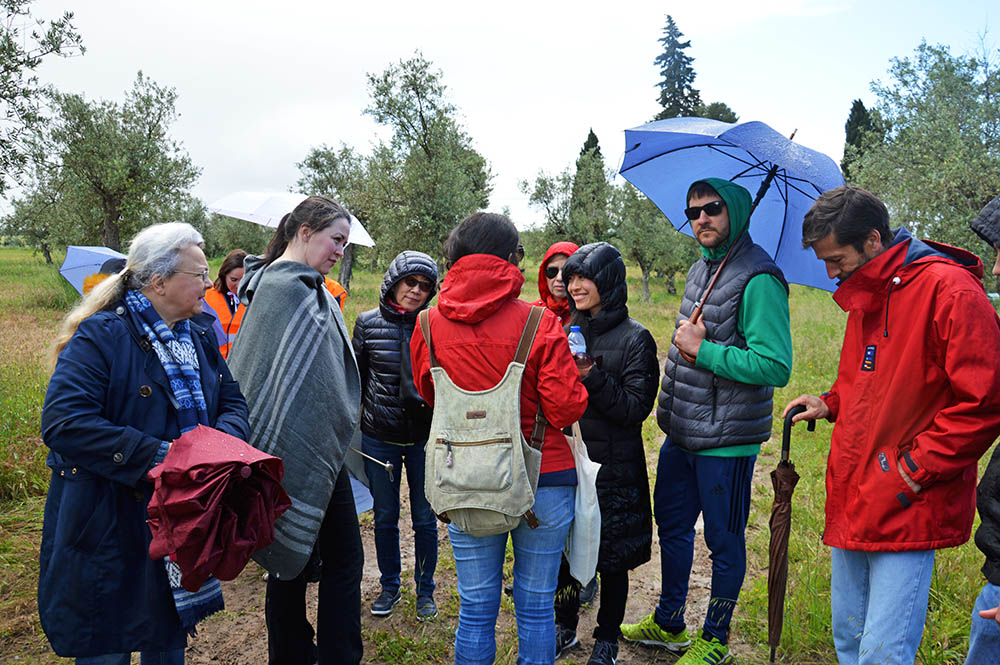
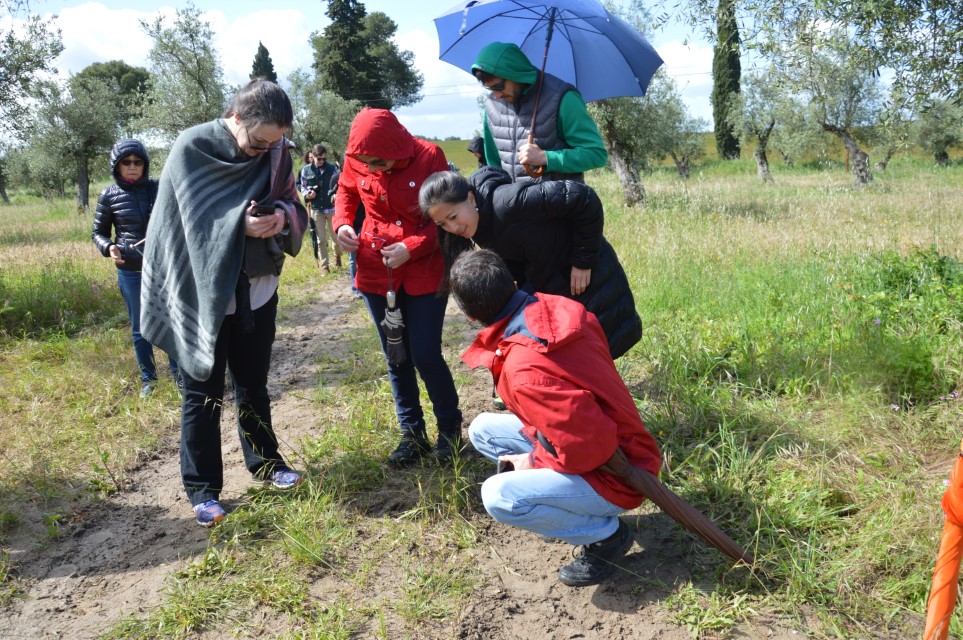
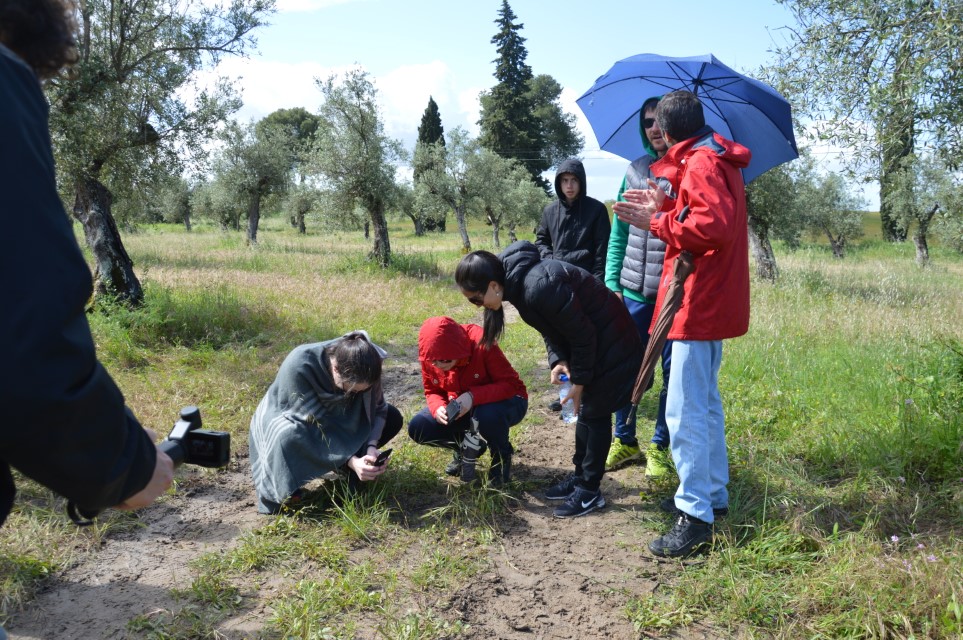
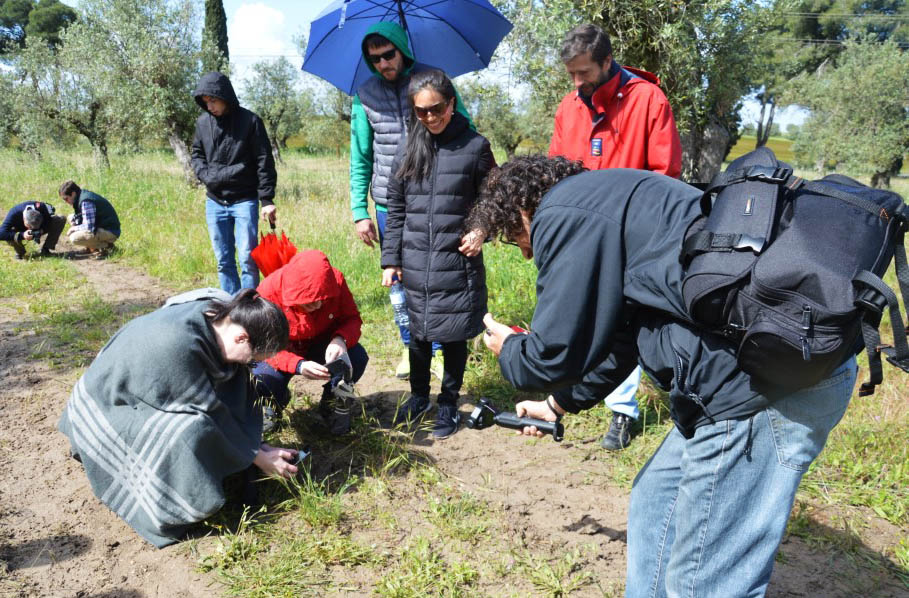
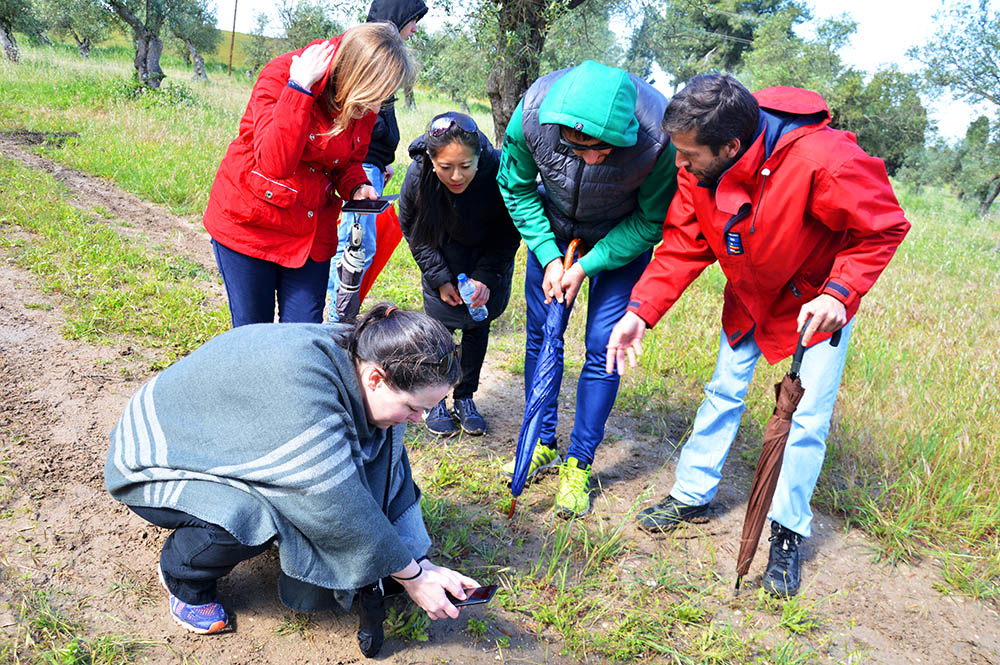
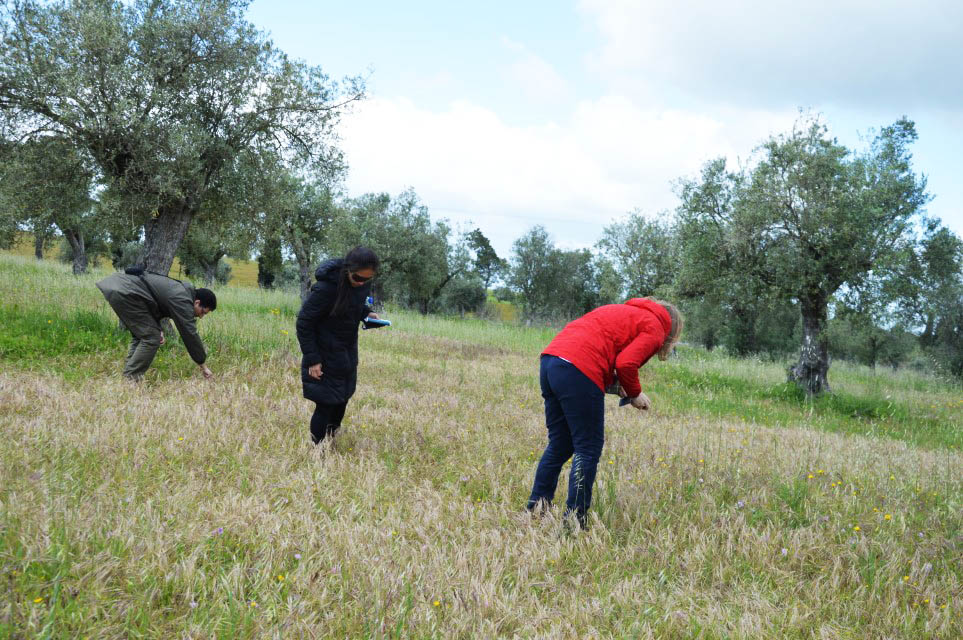
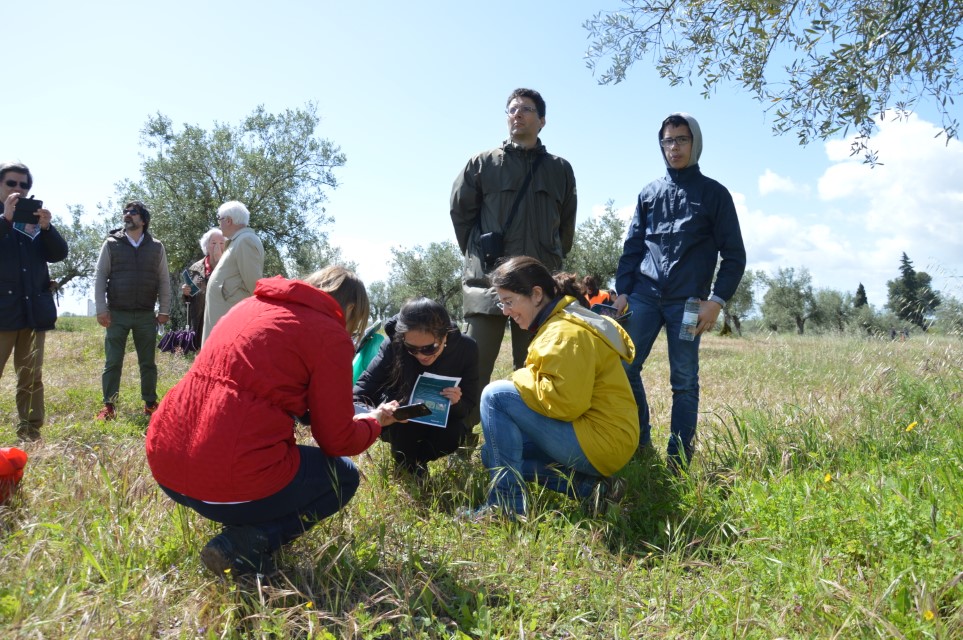
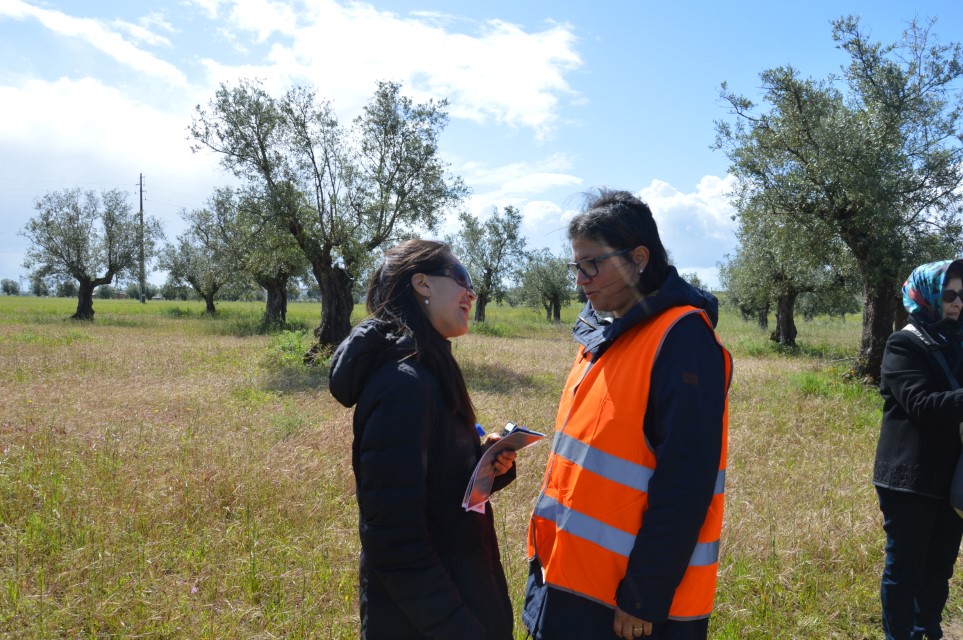
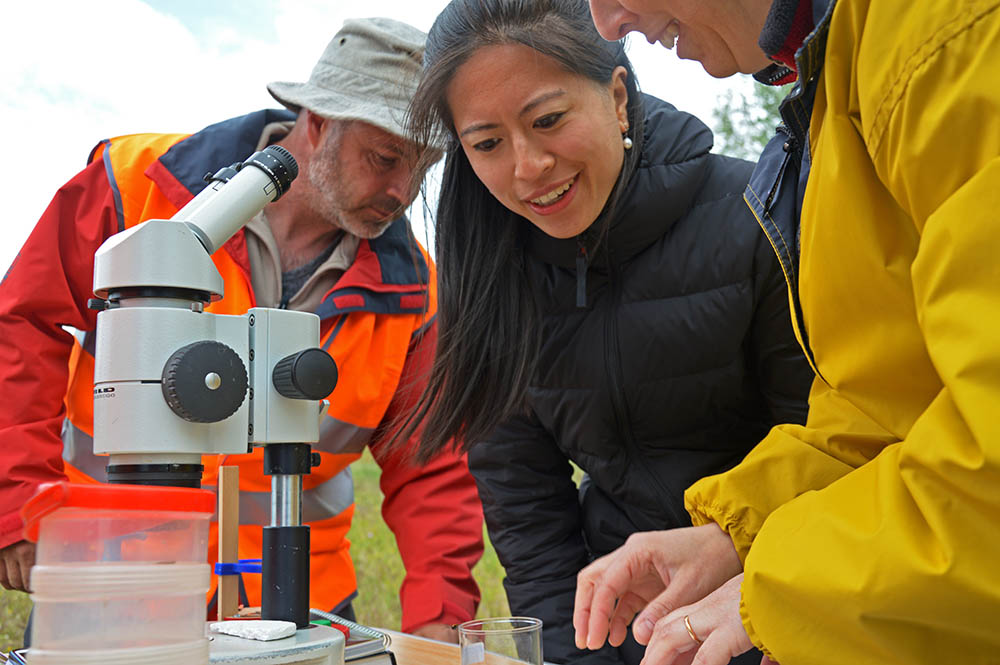
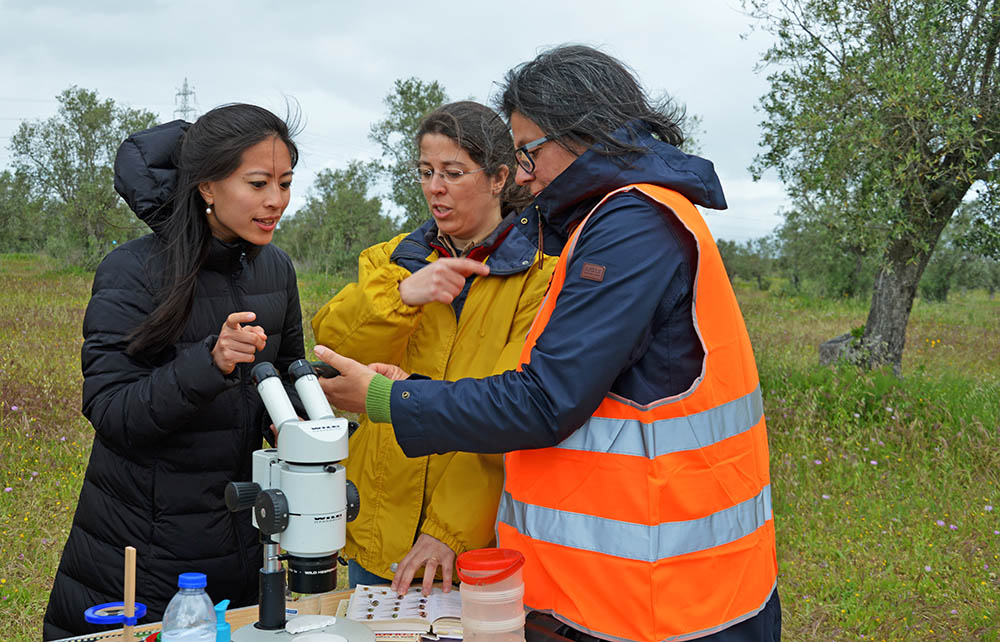
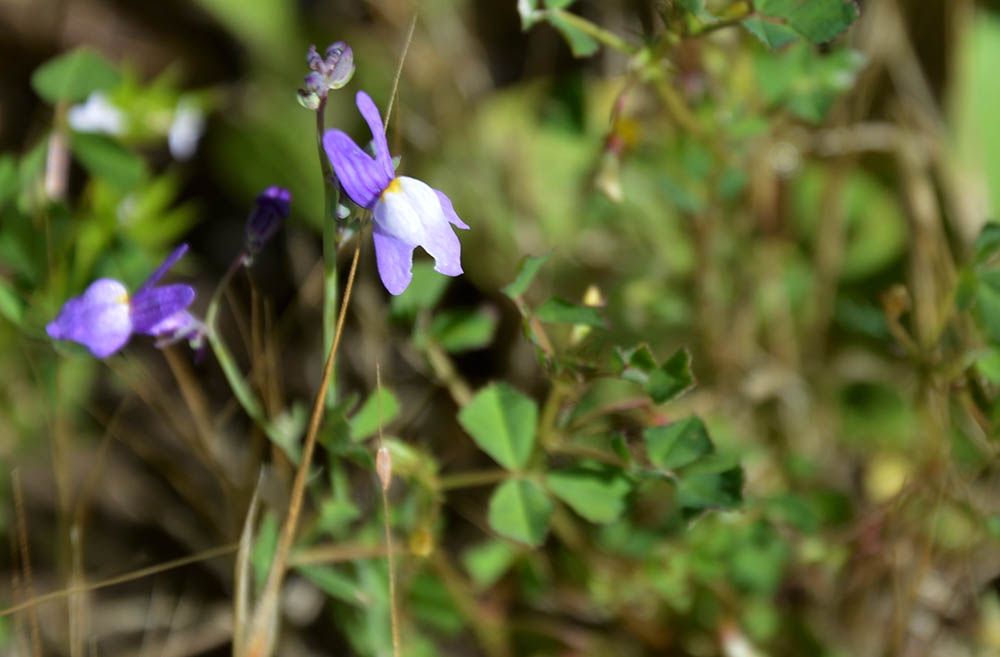
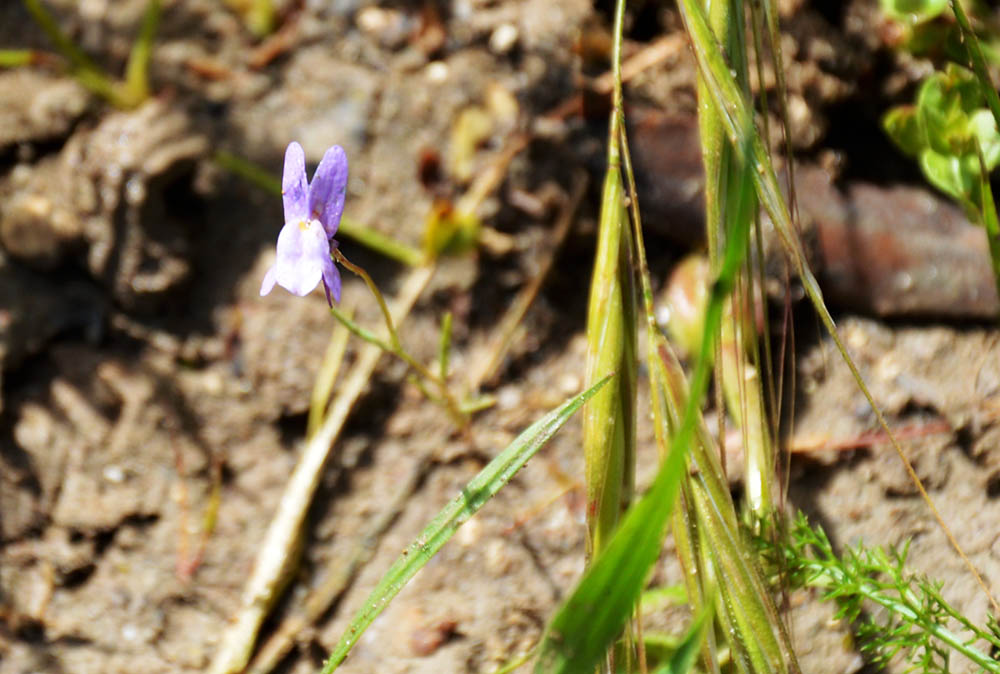
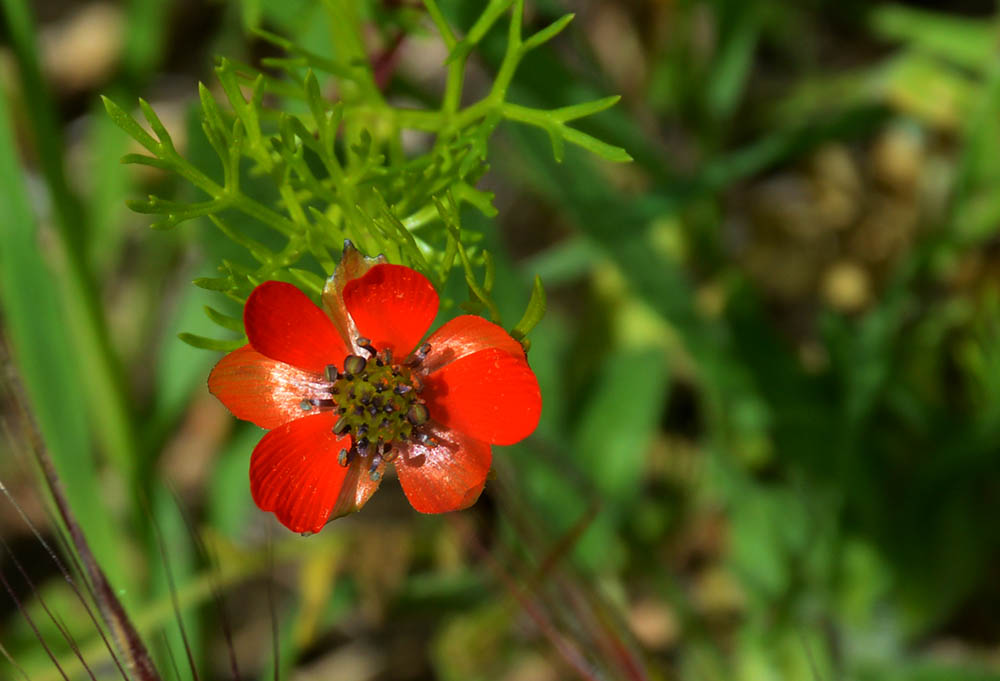
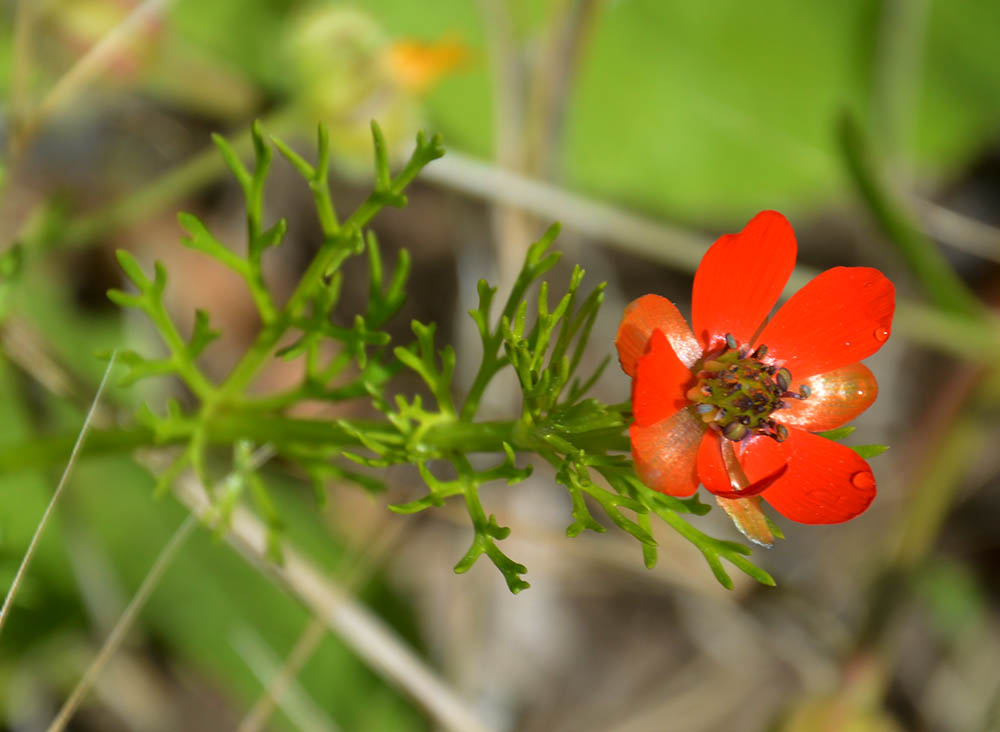
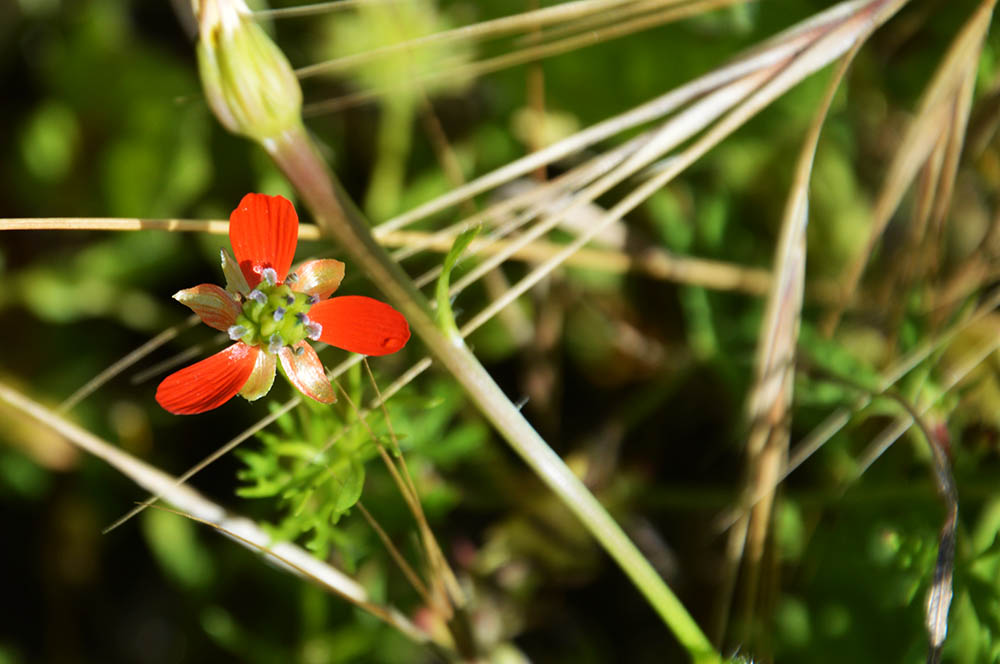
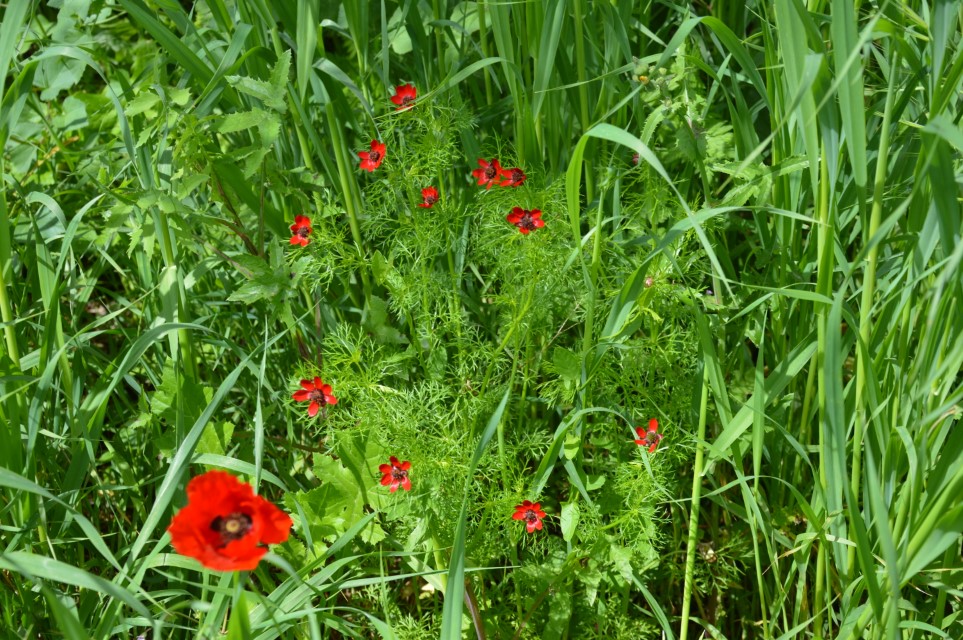
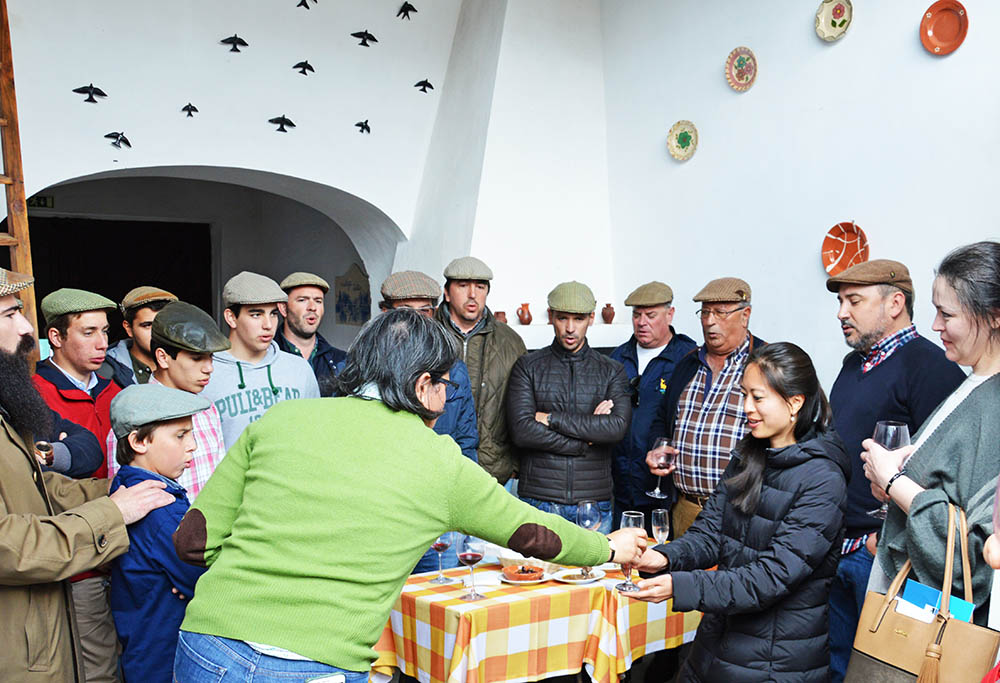
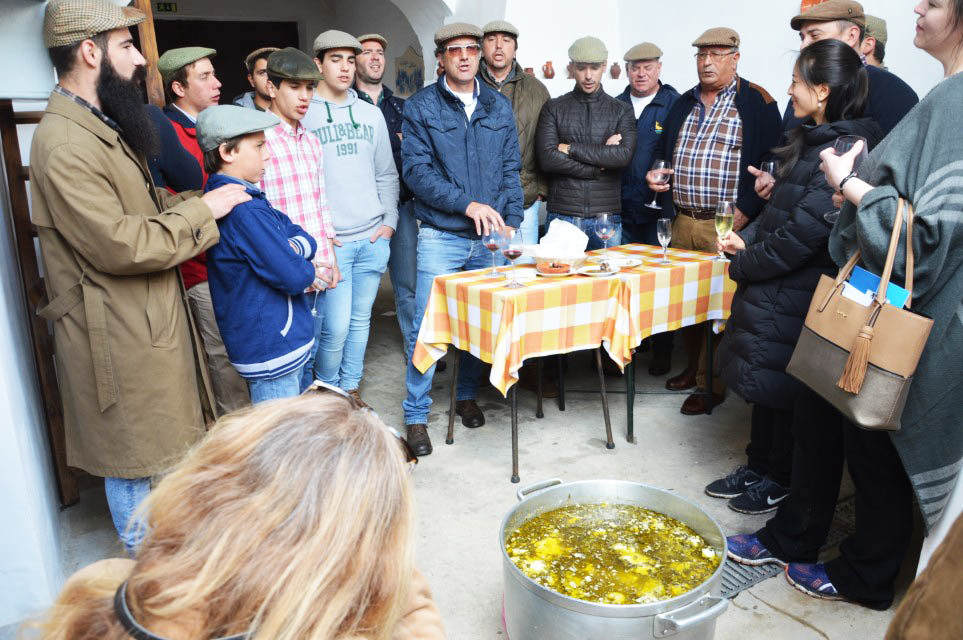
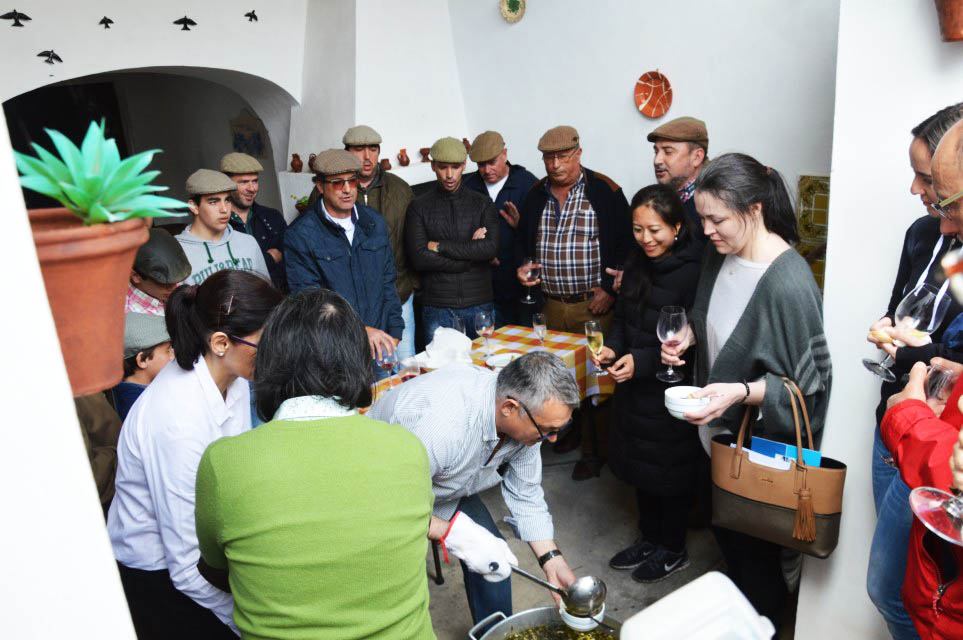
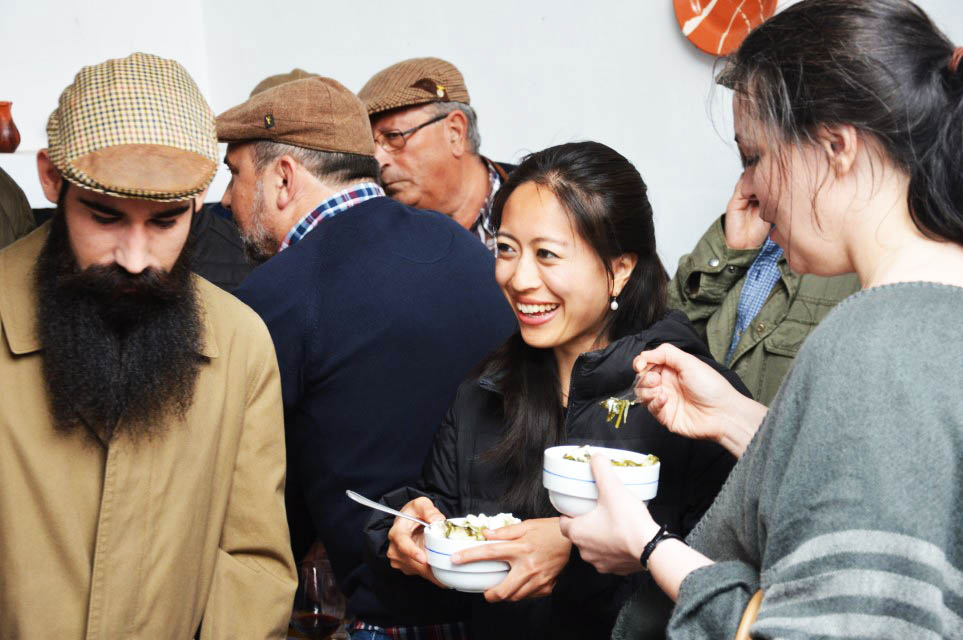

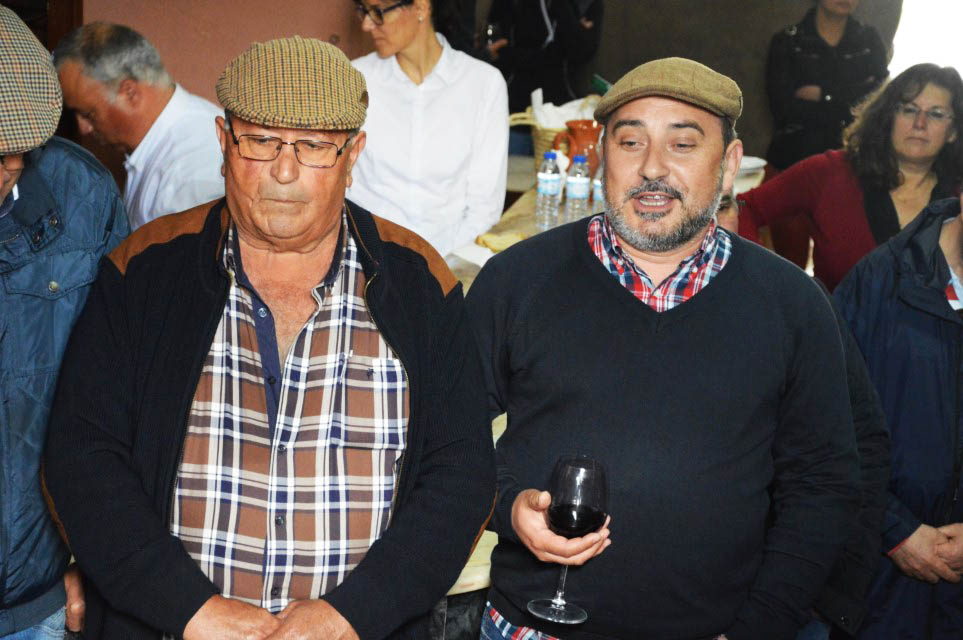
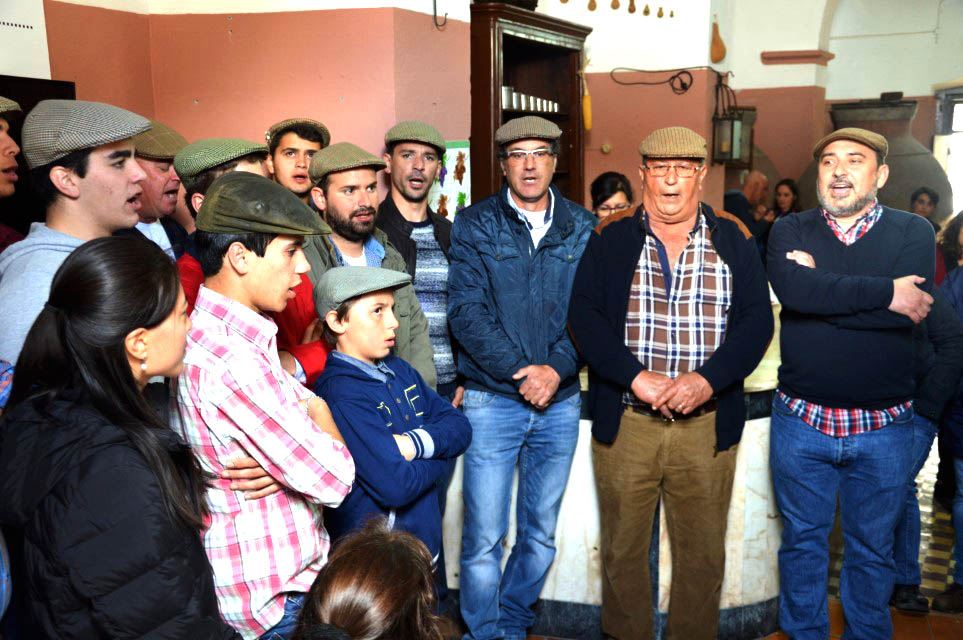
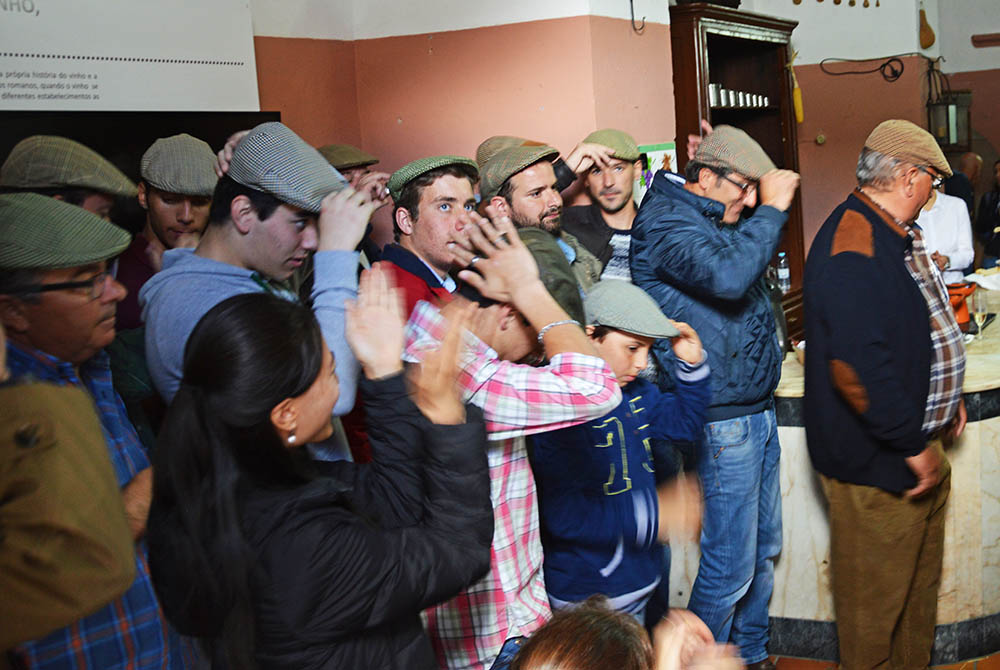


















Comments